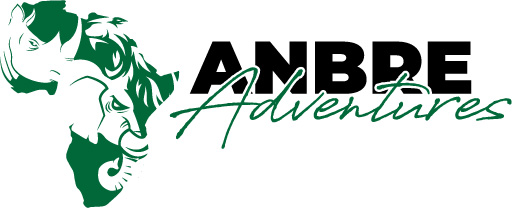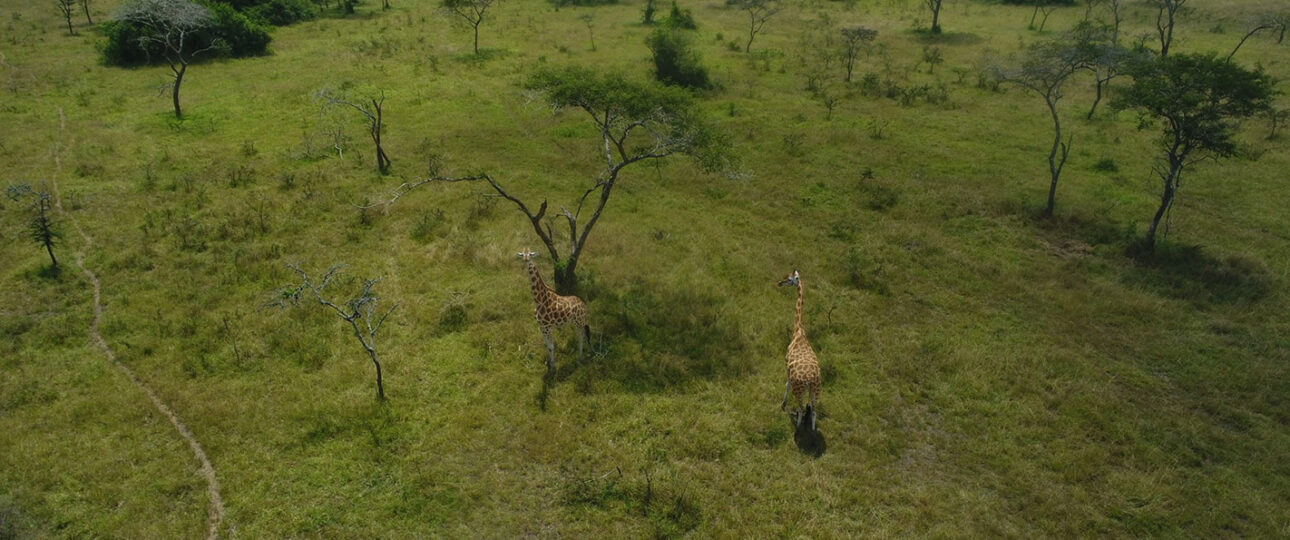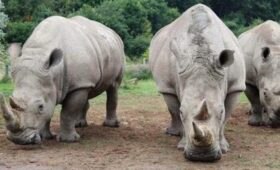In a poignant plea to safeguard Uganda’s diverse wildlife and bolster its burgeoning tourism industry, stakeholders within the local tourism sector have joined forces to urge the government to allocate additional funds and firearms towards the eradication of poaching activities.
The clarion call was sounded by members of the Uganda Parliamentary Forum on Conservation and Sustainable Tourism alongside advocates from World Animal Protection during a press conference held on Monday, March 4, 2024.
The urgency of the matter was underscored by the postponement of the passing out of 800 recruits by the Uganda Wildlife Authority (UWA) on April 11, 2023, due to a critical shortage of firearms. This scarcity directly impacts the ability of park rangers to effectively combat poaching, putting both wildlife and those tasked with their protection at heightened risk.
The pressing need for action was further highlighted during the World Wildlife Day celebrations on Sunday, which centered around the theme of “Connecting People and Planet: Exploring Digital Innovation in Wildlife Conservation” in Kyenjojo district.
Maurice Kibalya, Secretary of the Uganda Parliamentary Forum on Conservation and Sustainable Tourism, emphasized the necessity of increased funding to tackle the escalating scourge of poaching. With official reports revealing alarming statistics, including the arrest of 2,310 wildlife crime suspects in the 2020–21 financial year and the confiscation of 22,449 poaching implements, the gravity of the situation cannot be overstated.
Watch Poaching here
Kibalya articulated, “The rangers are in great danger because poachers come with all sorts of weapons and are resolute. So, we want the government to equip game rangers and other people working in parks with adequate firearms and uniforms. Also, they should be facilitated with transport because parks are known to be vast.”
Additionally, Kibalya proposed the relocation of surplus lions from the breeding center at the Wildlife Education Center (UWEC) to national parks. This strategic move not only addresses the issue of overcrowding and starvation but also enhances the tourism experience by dispersing wildlife attractions across various parks.
Furthermore, stakeholders advocate for the repeal of the Animal Act, citing its ineffectiveness in safeguarding wild animals from exploitation and harm.
Edith Kabasiime, World Animal Protection’s campaign manager for Africa, underscored the need for innovative solutions such as the installation of digital tracking devices on lions to combat wildlife trafficking. She lamented the tragic fate of numerous lions, whose body parts are coveted in illegal trade markets, posing a significant threat to their survival.
As Uganda’s tourism industry continues to thrive despite adversities, including outbreaks of diseases such as Ebola, the imperative to protect its natural heritage becomes increasingly paramount. The resounding plea from stakeholders reverberates: only through concerted efforts and decisive action can Uganda safeguard its rich biodiversity and ensure the sustainability of its tourism sector for generations to come.



